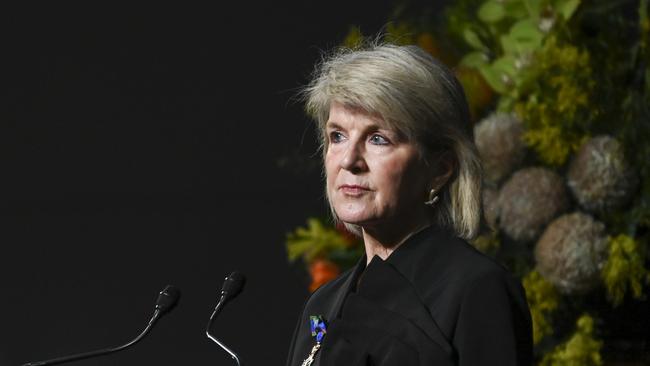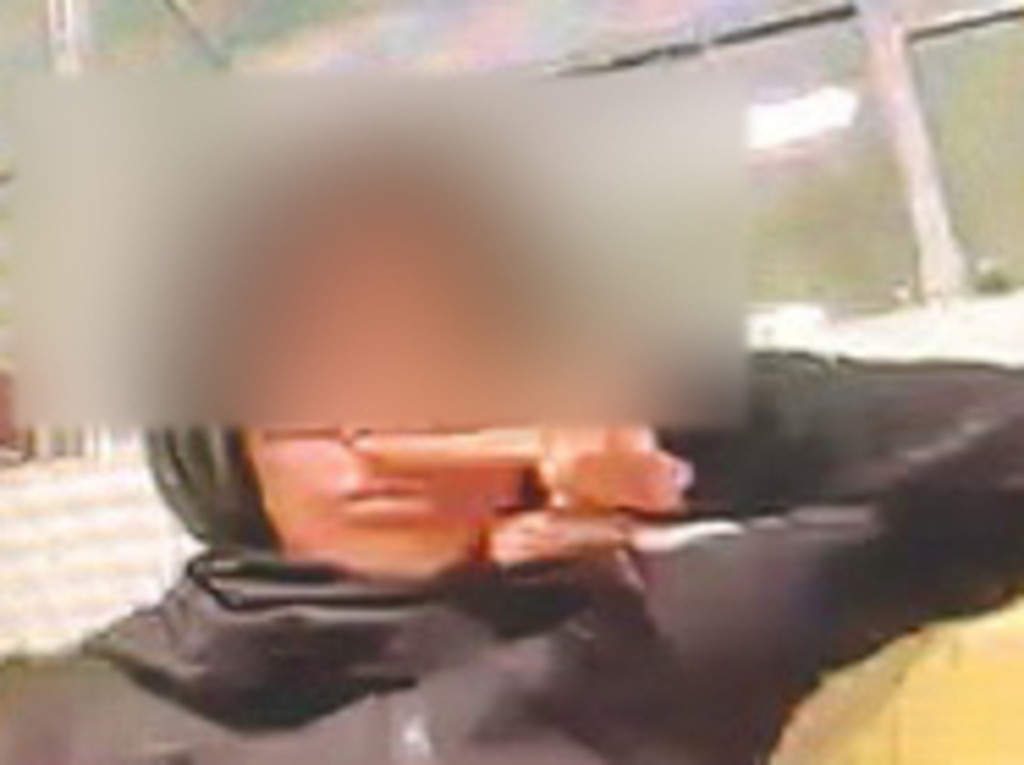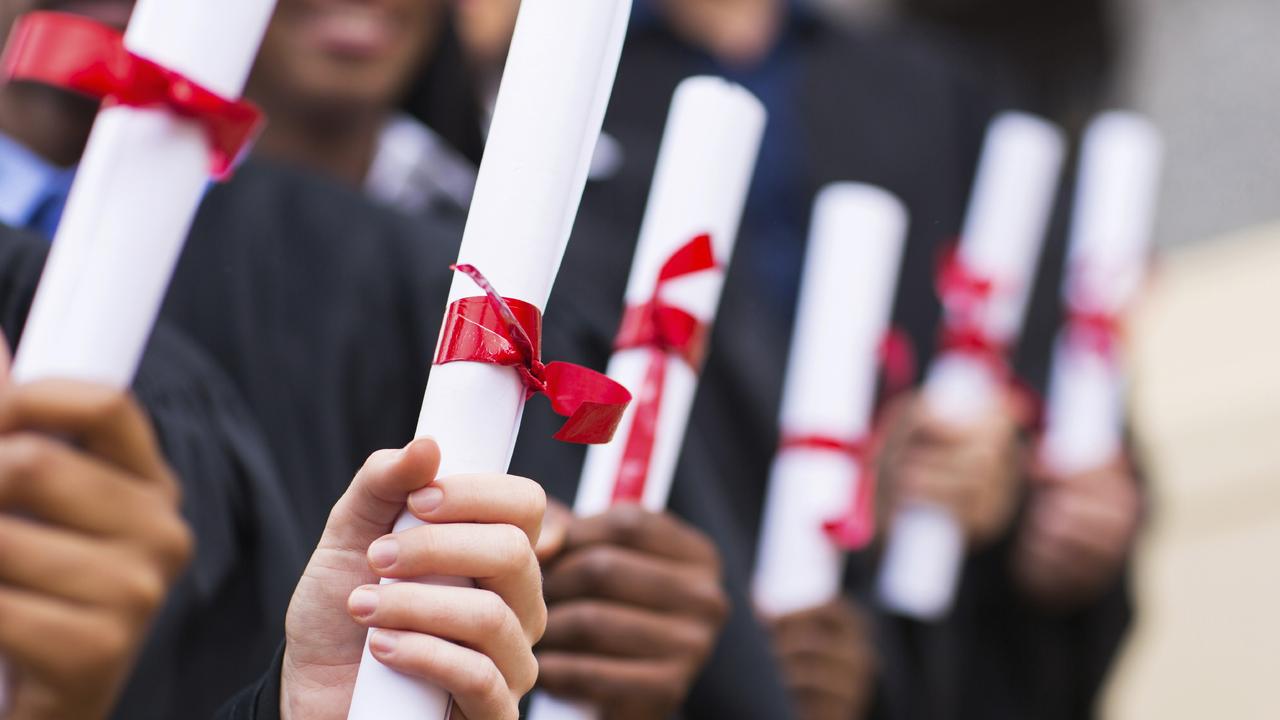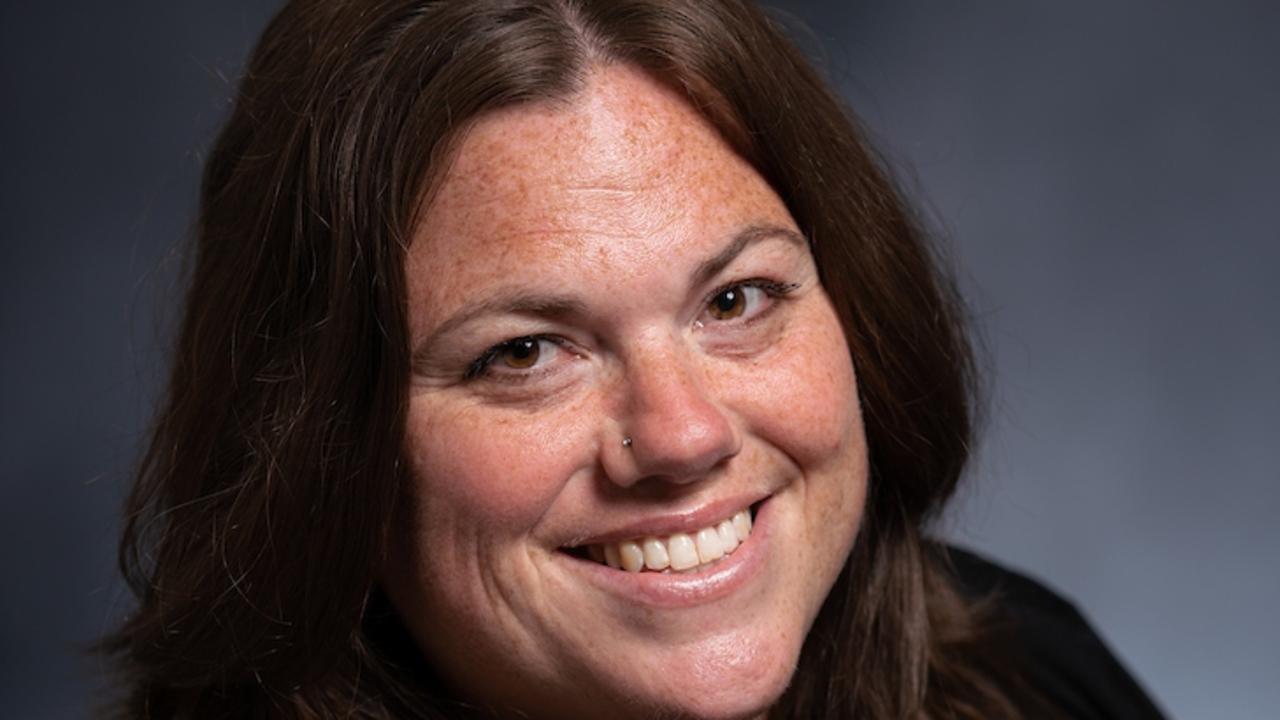ANU chancellor Julie Bishop expresses ‘absolute confidence’ in her besieged V-C
In her first public comments since the upsurge in anti-Semitism that has swept university campuses, Julie Bishop expressed ‘absolute confidence’ in her vice-chancellor.

Australian National University chancellor Julie Bishop has expressed “absolute confidence” in under-siege vice-chancellor Genevieve Bell, in her first public comments on campus management’s handling of anti-Semitism at the Canberra campus.
The ANU came under increased scrutiny last week when Professor Bell told a joint parliamentary inquiry on campus anti-Semitism that an investigation had found there had not been a Nazi salute nor a mimicked Hitler moustache at a mass online student meeting.
At that meeting last May, Jewish students had sought to ask the student association to, among other items, condemn Hamas, condemn the use of hateful slogans such as “intifada” and acknowledge there was a “toxic culture, including anti-Semitism, within activist circles at the ANU”.
Ms Bishop, a former Liberal foreign minister, told The Australian “the vice-chancellor retains my absolute confidence”.
Professor Bell has been under pressure on multiple fronts: she has had repeat appearances before parliament for her management of the pro-Palestine campus protests, there have been revelations she had a second job at Intel since her appointment as vice-chancellor, and the university has undergone restructuring in the face of budget pressures.
Professor Bell admitted last week that “over the arc of 2024, when I was a part-time employee with Intel – my total commitment to them ended in November – there were fewer than 24 hours of meetings”.
During that parliamentary hearing, she declined to comment on how Beatrice Tucker – who in 2024 told ABC radio that Hamas deserved “unconditional support” – had their expulsion overturned and ran for presidency of the student association.
LNP MP Henry Pike – who prosecuted that line of questioning during the hearing – said afterwards it was “deeply concerning that the vice-chancellor seemed to conflate support for terrorists with academic freedom”.
The biggest revelation to come out of the hearing was that the university had found there had been no Nazi-inspired gestures at that mass online student meeting in May last year.
Jewish Labor MP Josh Burns, chair of the committee, appeared incredulous when Professor Bell revealed this. “I’ve just had a look online again at the vision … I mean, what else was it?” he asked.
Professor Bell replied: “We don’t actually discuss pieces of individual cases but the reality is we have a fulsome process that we work through here, which involves … collecting multiple other pieces of evidence, multiple other pieces of vision that weren’t made as part of those news accounts, pieces of interviews with people that were around those people at the time.”
“How was that not a Nazi salute? What was it?” Mr Burns asked again.
Professor Bell responded: “Mr Burns, I know this is an unsatisfactory answer but the reality is our policy is not to discuss individual cases. What I can tell you is that …”
Mr Burns: “You did before, vice-chancellor. You said it wasn’t a Nazi salute.”
“I said the finding was that there was not a case here,” Professor Bell said.
“That’s why we do a very thorough investigation, because on a superficial level we have what appear to be terrible, terrible anti-Semitic incidents,” deputy vice-chancellor Grady Venville said.







To join the conversation, please log in. Don't have an account? Register
Join the conversation, you are commenting as Logout